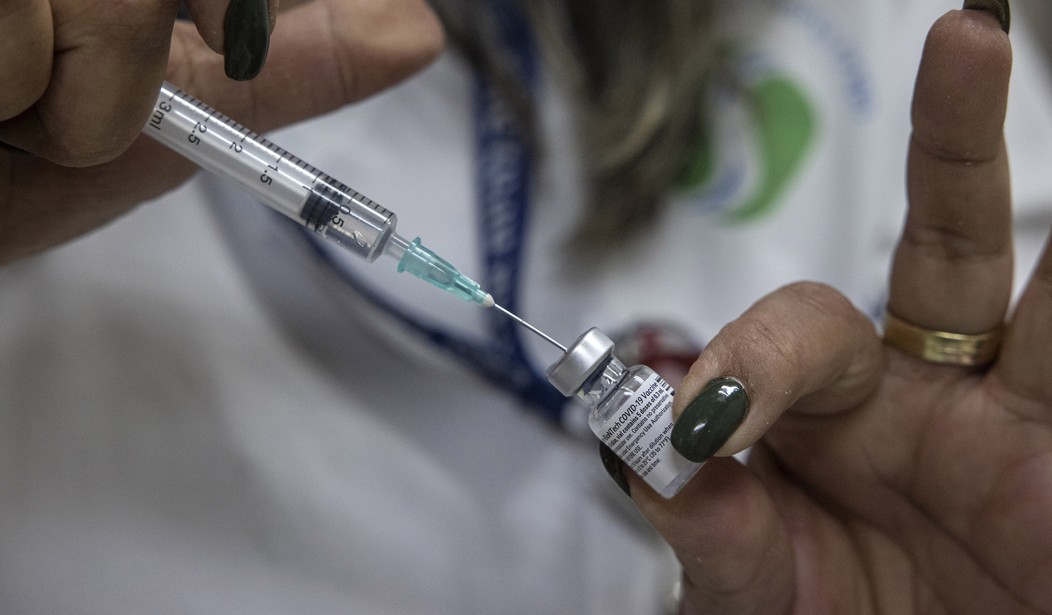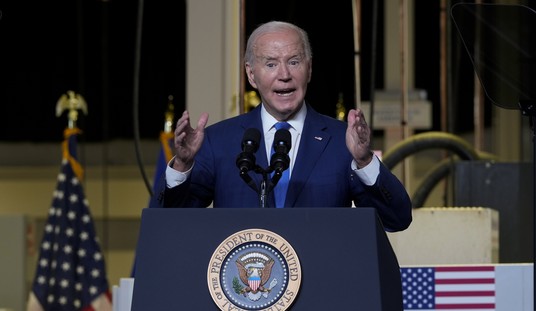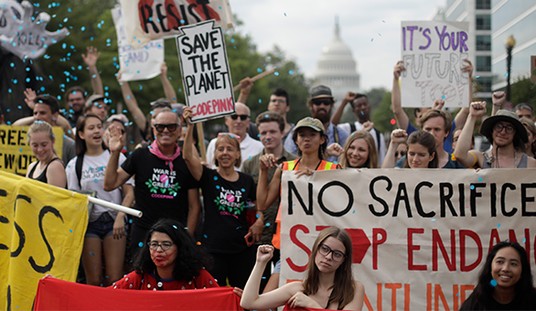A recently released study — pending peer review — from researchers in Israel found that individuals who developed natural immunity after contracting the Wuhan coronavirus are better protected against the Delta variant than those who only have immunity induced by the Pfizer mRNA vaccine.
The findings reported in this massive study directly contradict findings from the CDC released earlier in August and used to urge those who already had COVID to get vaccinated.
Spurred by reports that vaccine-induced immunity wanes over time, researchers in Israel compared three groups of people — unvaccinated individuals who had COVID, individuals vaccinated with the two-dose Pfizer vaccine, and individuals who had COVID and received one dose of the Pfizer vaccine — to see who is best protected against the Delta variant.
1-According to the largest study done comparing effectiveness of natural immunity to fully-vaccinated, natural immunity wins hands down.
— Sharyl Attkisson?????? (@SharylAttkisson) August 28, 2021
(Israel; Pfizer vaccine)https://t.co/aZvJq5lnql pic.twitter.com/HPMGpAO3CB
2-Largest study finds dramatically more Covid-19 hospitalizations among fully-vaccinated compared to previously-infected.
— Sharyl Attkisson?????? (@SharylAttkisson) August 28, 2021
(Israel; Pfizer vaccine) https://t.co/aZvJq5lnql pic.twitter.com/zDZuypg3cJ
The study looked for three outcomes among these populations to measure the efficacy of natural immunity and vaccination: Wuhan coronavirus infection, symptomatic disease, and infection-related hospitalization or death.
Using three models, researchers conducted what is now the largest real-world observational study comparing natural immunity to vaccine-induced immunity:
Recommended
In model 1 [previously infected vs. vaccinated individuals, with matching for time of first event], we matched 16,215 persons in each group. Overall, demographic characteristics were similar between the groups, with some differences in their comorbidity profile (Table 1a). During the follow-up period, 257 cases of SARS-CoV-2 infection were recorded, of which 238 occurred in the vaccinated group (breakthrough infections) and 19 in the previously infected group (reinfections). After adjusting for comorbidities, we found a statistically significant 13.06-fold (95% CI, 8.08 to 21.11) increased risk for breakthrough infection as opposed to reinfection (P<0.001).
As for symptomatic SARS-COV-2 infections during the follow-up period, 199 cases were recorded, 191 of which were in the vaccinated group and 8 in the previously infected group. Symptoms for all analyses were recorded in the central database within 5 days of the positive RT-PCR test for 90% of the patients, and included chiefly fever, cough, breathing difficulties, diarrhea, loss of taste or smell, myalgia, weakness, headache and sore throat. After adjusting for comorbidities, we found a 27.02-fold risk (95% CI, 12.7 to 57.5) for symptomatic breakthrough infection as opposed to symptomatic reinfection (P<0.001) (Table 2b). None of the covariates were significant, except for age =60 years. Nine cases of COVID-19-related hospitalizations were recorded, 8 of which were in the vaccinated group and 1 in the previously infected group (Table S1). No COVID19-related deaths were recorded in our cohorts.
In model 2 [previously infected vs. vaccinated individuals, without matching for time of first event], we matched 46,035 persons in each of the groups (previously infected vs. vaccinated). Baseline characteristics of the groups are presented in Table 1a. Figure 1 demonstrates the timely distribution of the first infection in reinfected individuals. When comparing the vaccinated individuals to those previously infected at any time (including during 2020), we found that throughout the follow-up period, 748 cases of SARS-CoV-2 infection were recorded, 640 of which were in the vaccinated group (breakthrough infections) and 108 in the previously infected group (reinfections). After adjusting for comorbidities, a 5.96-fold increased risk (95% CI, 4.85 to 7.33) increased risk for breakthrough infection as opposed to reinfection could be observed (P<0.001) (Table 3a). Apart from SES level and age =60, that remained significant in this model as well, there was no statistical evidence that any of the comorbidities significantly affected the risk of an infection. Overall, 552 symptomatic cases of SARS-CoV-2 were recorded, 484 in the vaccinated group and 68 in the previously infected group. There was a 7.13-fold (95% CI, 5.51 to 9.21) increased risk for symptomatic breakthrough infection than symptomatic reinfection (Table 3b). COVID-19 related hospitalizations occurred in 4 and 21 of the reinfection and breakthrough infection groups, respectively. Vaccinated individuals had a 6.7-fold (95% CI, 1.99 to 22.56) increased to be admitted compared to recovered individuals. Being 60 years of age or older significantly increased the risk of COVID-19-related hospitalizations (Table S2). No COVID-19-related deaths were recorded.
In model 3 [previously infected vs. vaccinated and previously infected individuals], we matched 14,029 persons. Baseline characteristics of the groups are presented in Table 1b. Examining previously infected individuals to those who were both previously infected and received a single dose of the vaccine, we found that the latter group had a significant 0.53-fold (95% CI, 0.3 to 0.92) (Table 4a) decreased risk for reinfection, as 20 had a positive RT-PCR test, compared to 37 in the previously infected and unvaccinated group. Symptomatic disease was present in 16 single dose vaccinees and in 23 of their unvaccinated counterparts. One COVID-19-related hospitalization occurred in the unvaccinated previously infected group. No COVID19-related mortality was recorded.
Hypothesizing that "the more extensive immune response to the SARS-CoV-2 proteins than that generated by the anti-spike protein immune activation conferred by the vaccine" offers better protection against the Wuhan coronavirus, the researchers conclude that "natural immunity confers longer lasting and stronger protection against infection, symptomatic disease and hospitalization caused by the Delta variant of SARS-COV-2, compared to the... two-dose vaccine-induced immunity." In addition, those who were previously infected with the Wuhan coronavirus and subsequently received one dose of the Pfizer vaccine "gained additional protection against the Delta variant."

























Join the conversation as a VIP Member